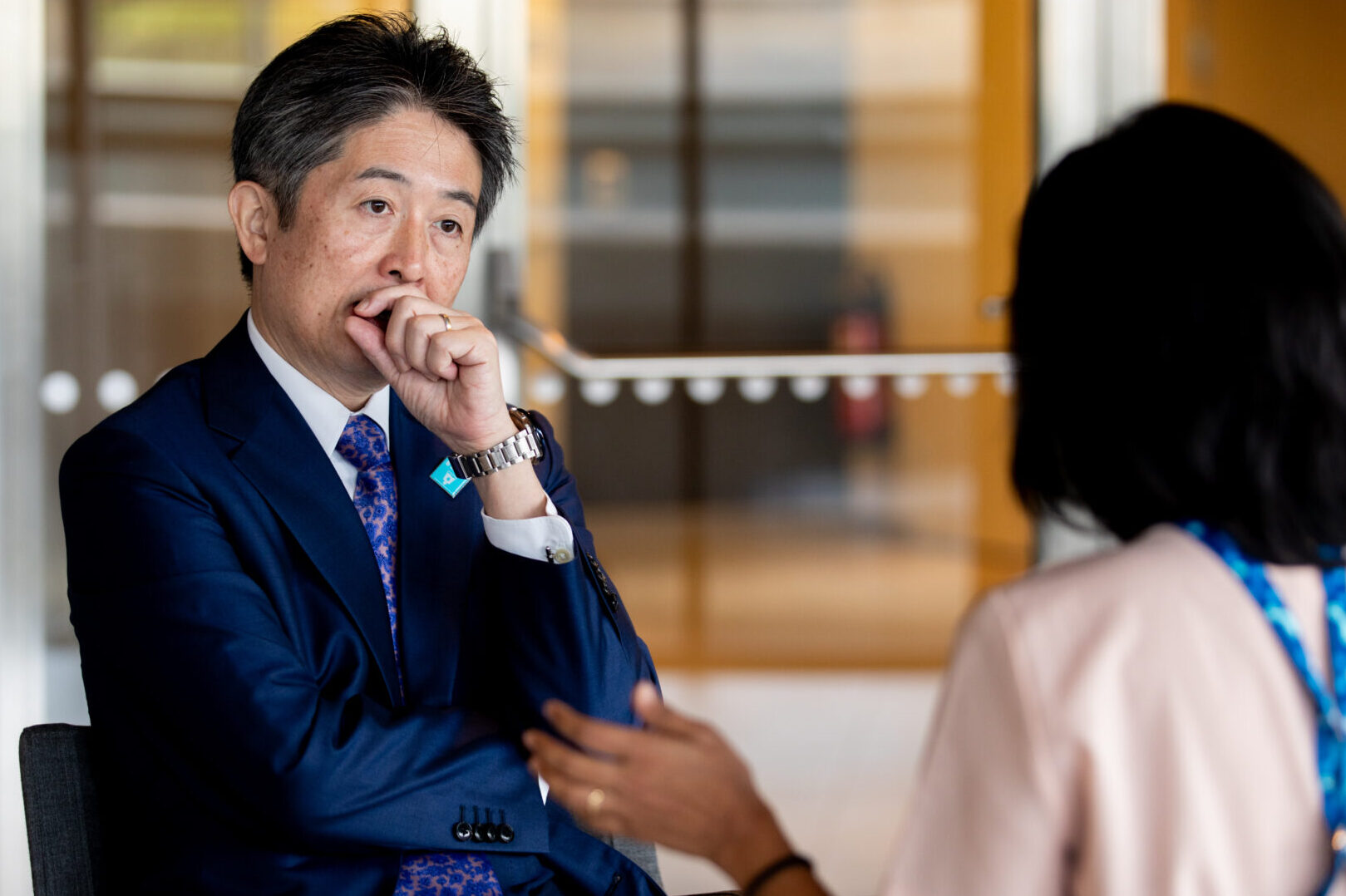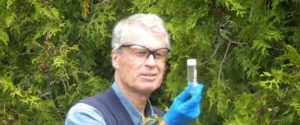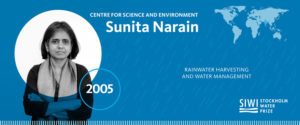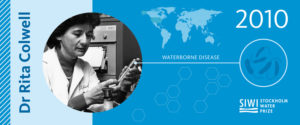Meet the 2024 Stockholm Water Prize Laureate
“(In my research), what strikes me most is that there is no country in the world that is water scarce and economically poor at the same time.”
What is the most significant contribution of your research to the scientific world?
First, through TRIP, we made linkages between water and climate. As we have learned at this year’s World Water Week, the adverse impacts of climate change are delivered to society through water. Back then, I believed that incorporating rivers into climate simulations was important and I think I was right. Several climate models still use TRIP in their simulations.
Second, in the past, hydrology mainly focused on small scale rivers and river basins, but our work evaluated the global hydrological cycle.
Third, we also introduced human activities into the model. At school, subjects such as physics, chemistry and biology normally exclude human activities. They teach the fundamental laws of nature, but the real world is dominated by human activities. To solve challenges, we need to consider how the water cycle is altered by man-made reservoirs, withdrawal of water, pouring into agricultural fields, pumping up ground water and use of canals. That was a new movement we started.
Your research is applied. What is the most significant (potential) contribution to society?
Our research was cited in an Intergovernmental Panel on Climate Change report about the future risk of floods and draughts and real time monitoring of water cycles in different regions.
In the future we can base water governance decisions on sustainable use of the natural water cycle. Currently, this is possible for entire continents, and its especially useful for regions where data is unavailable. The research will be particularly valuable to policymakers, international aid and local municipalities.
Your research has assessed global water supply and demand – are there any striking findings?
We combined the global water resources assessment and the virtual water trade. What strikes me most is that there is no country in the world that is water scarce and economically poor at the same time. In a country which is economically poor but has plentiful water, you can grow your own food to survive. If a country is water-scarce but is economically wealthy, it can import food.
When and how did you find your passion for water?
By accident. I wanted to sign up for traffic engineering to research human movement. But the class had limited seats. We played rock-paper-scissors and I lost. The second choice was hydrology, and I went for it. My message to young students is that any subject can become exciting if you go to the depths of it.








